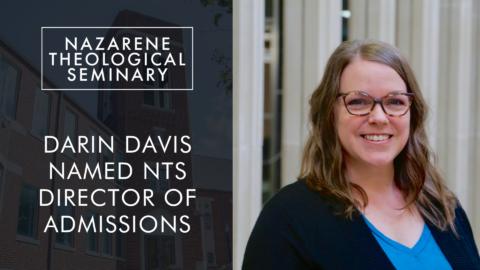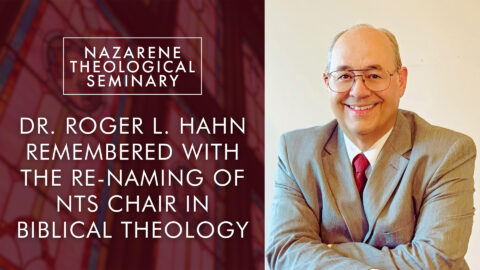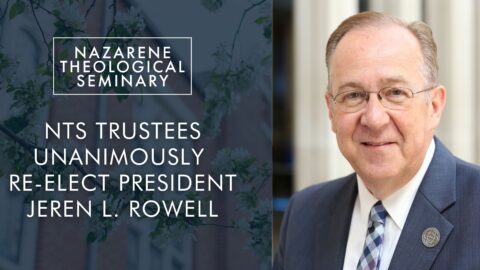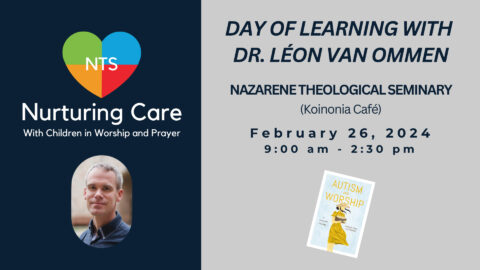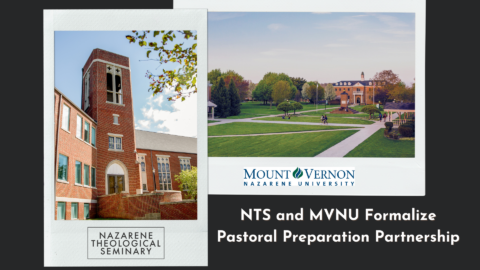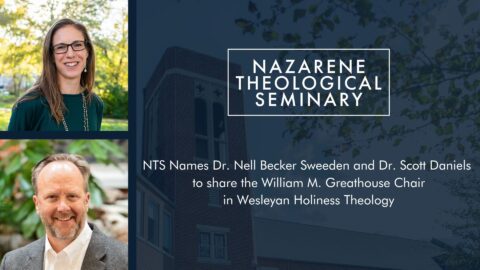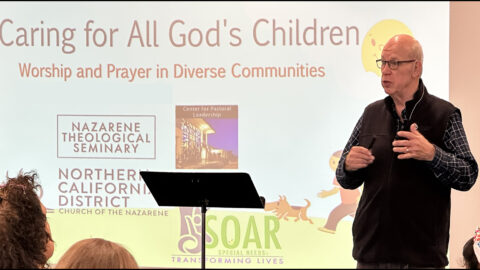This past December, NTS announced a new 36-hour degree program, the Master of Arts in Transformational Leadership (MATL). After a year of careful design, the program proposal received unanimous support from the faculty and the Board of Trustees, thus affirming the importance and exciting potential of a program such as this. NTS continues to be fully committed to the formation of God-called clergy, especially through the Master of Divinity degree. The MATL, however, seeks to affirm the calling of the many in Christ’s church who desire further theological education to help them minister through their profession but may not specifically sense a call to ordained ministry. As Dean of Academics at NTS, Dr. Josh Sweeden, recently said, this is “not a reinvention, it is a recovery of historic purpose” for NTS. The MATL seeks to help the whole church live its mission faithfully.
Where Faith Meets Calling – the Purpose of the Program
The new MATL is designed to serve business professionals, educators, urban planners, media and communication specialists, church planters, worship and arts ministers, and others… the sky is the limit! Professionals desiring to impact their vocational setting with the Gospel will find top-tier theological resources and formative conversation that will transform both the student and their context.
To that end, the MATL has three components designed to help students integrate their study and faith within a vocation. The first component is an introduction into Christian studies in which students take four courses focused on Christian theology, contextual readings of Scripture, and Christian ethics. The second component involves the student’s area of specialization. Students will enroll in four courses matching their area of interest or professional employment.
The third, and most crucial component, is the integrative core where students will design and engage in two internships. Here, they will cultivate leadership that can transform their professional setting, learn how to analyze their context, and finally, build a portfolio that demonstrates how their understanding and practice of vocation has been transformed by the integration of leadership practices and study of the Christian faith. In many ways, this third component functions as an incubator, inviting the student to reflect critically on the relationship between their faith and vocation.
A presupposition for this degree is that students will directly influence the trajectory of the program. Not only will they select their specialization, but the context of the profession will inform how the integrative core of the program will function for them.
For example, an accountant will need a different set of skills than a film producer or a church planter. Students will be equipped to determine their needs and design a pathway unique to them. This is intended to empower students to hone their leadership skills and enrich the classroom discussions as students from different vocations bring their perspectives, insights, and challenges to the table.
NTS is excited to see how God will use this program to prepare students for faithful and effective ministry in a variety of contexts. Would you or perhaps someone in your church or circle of influence be a good candidate for the MATL? Learn more here.

Derek Davis
Director of Academic Programs



